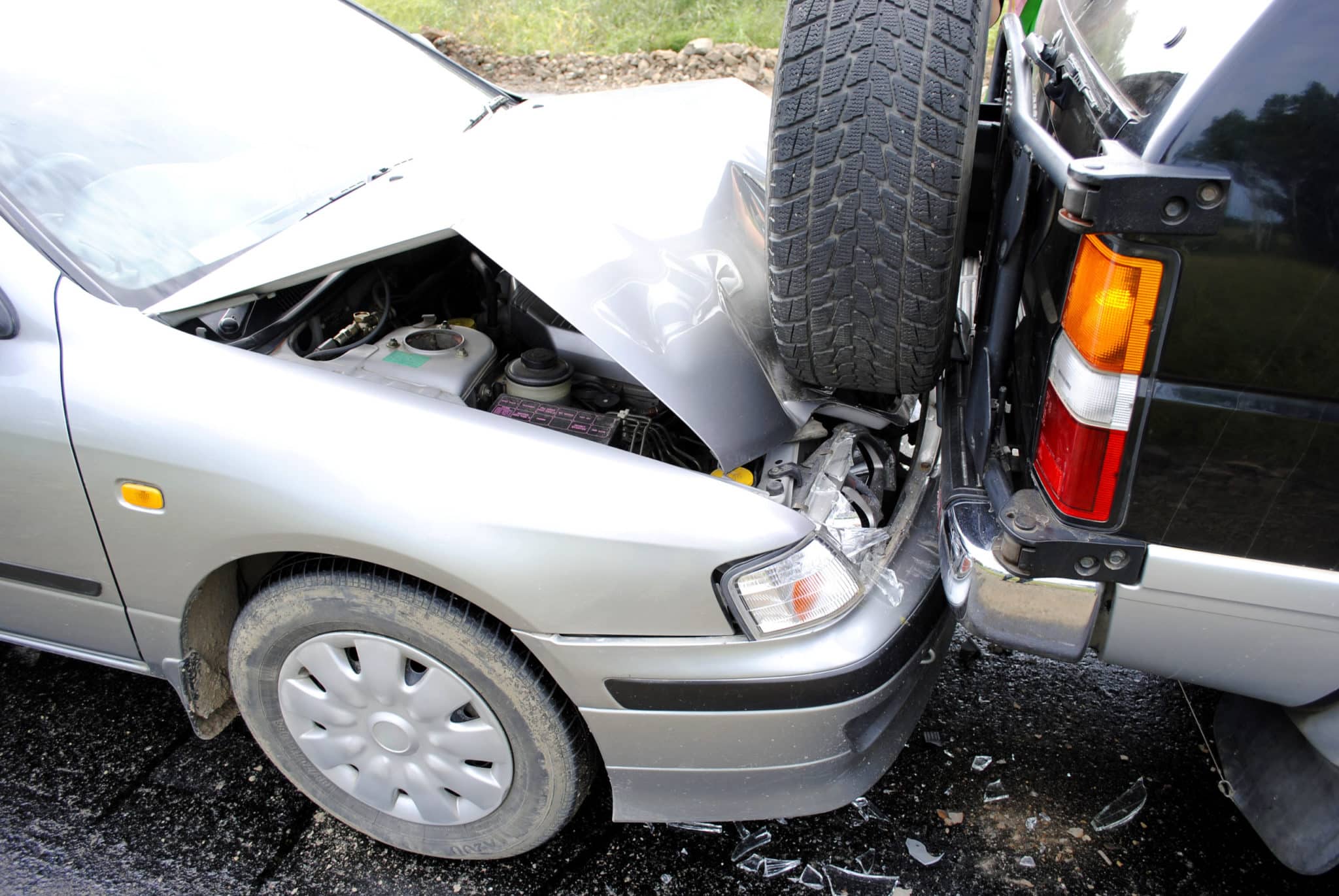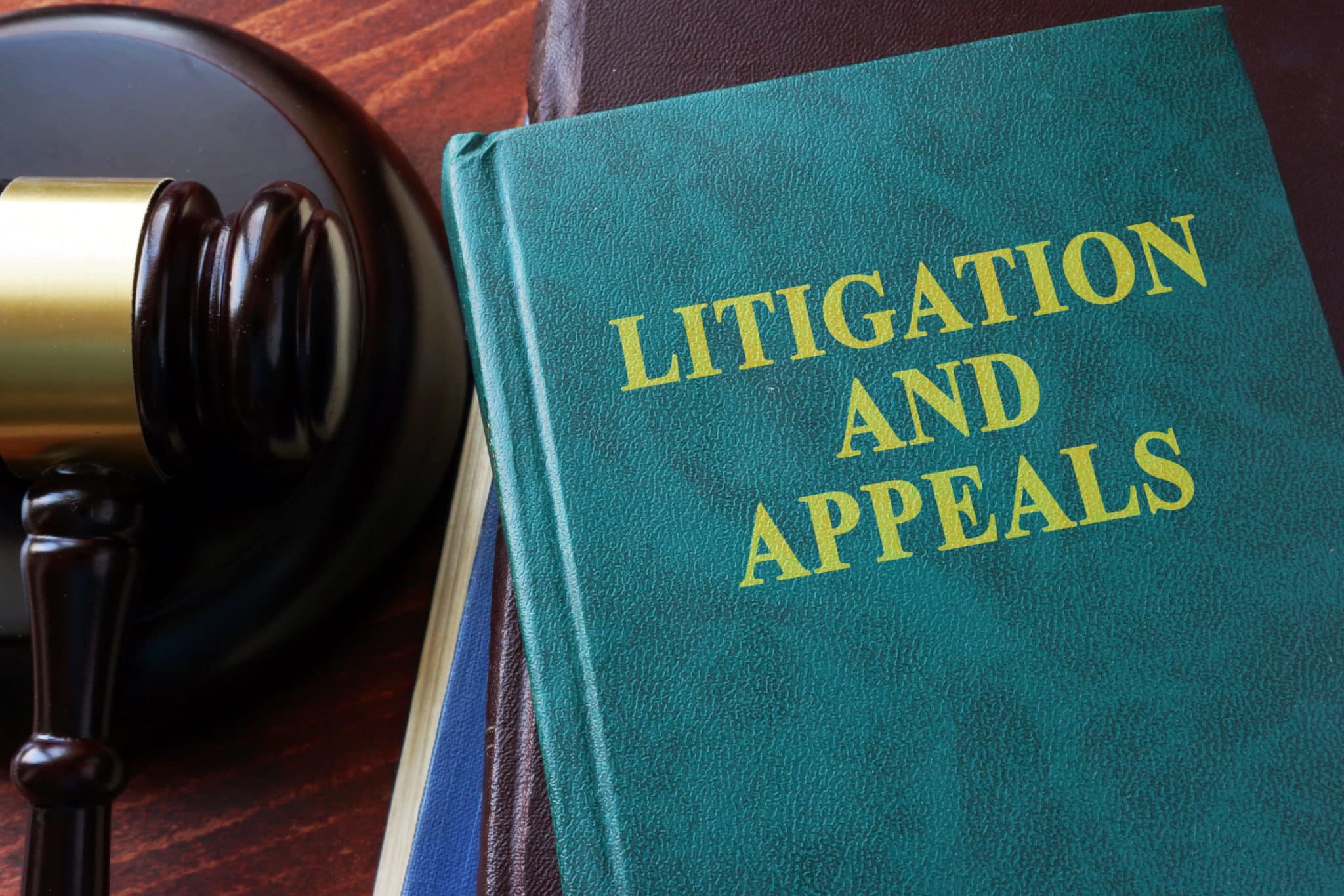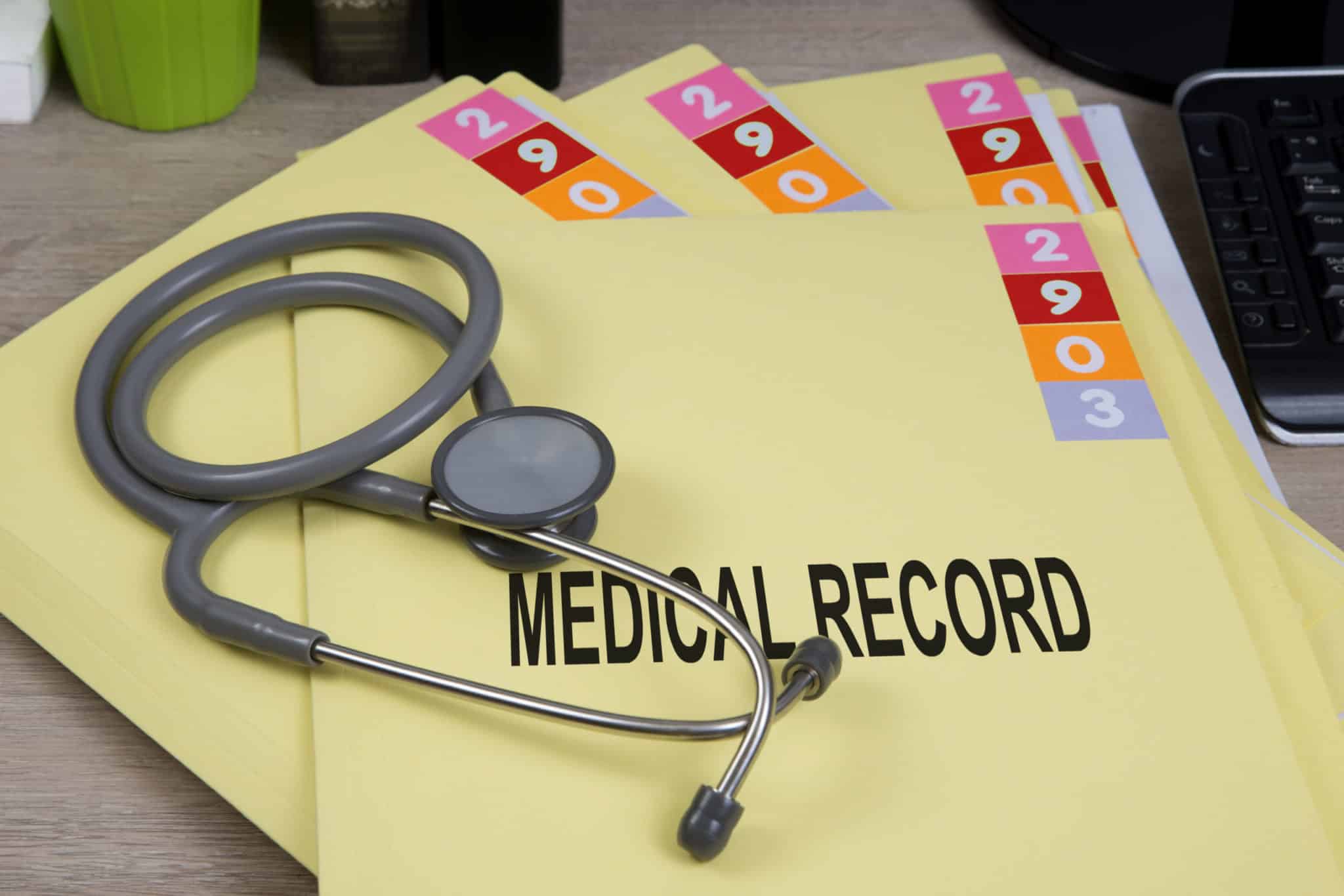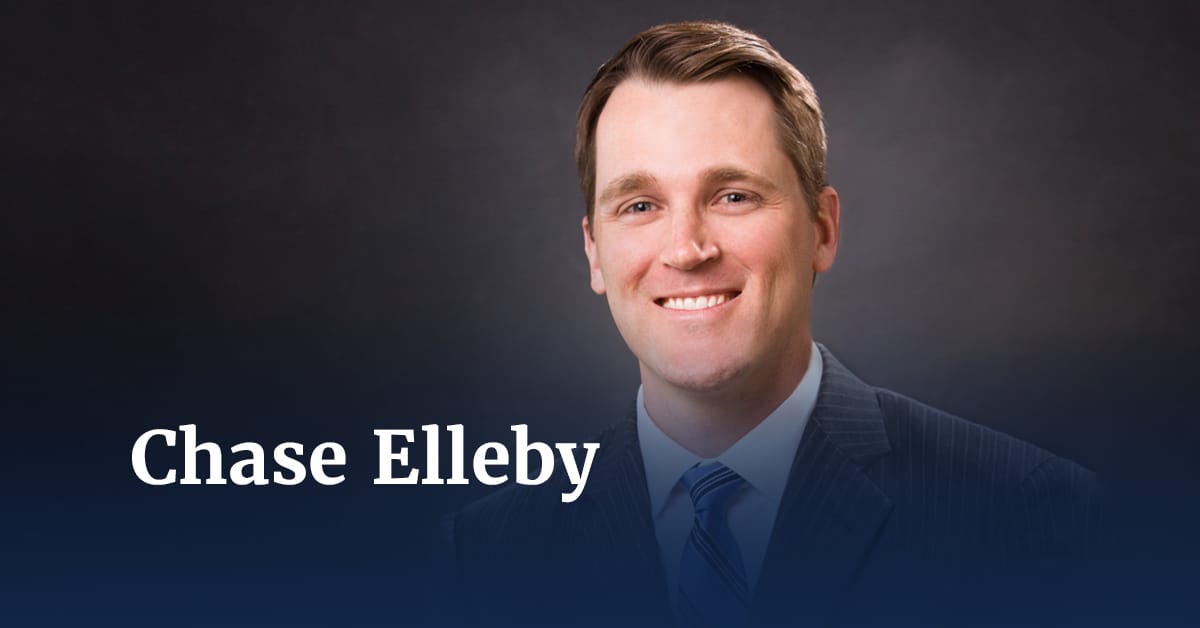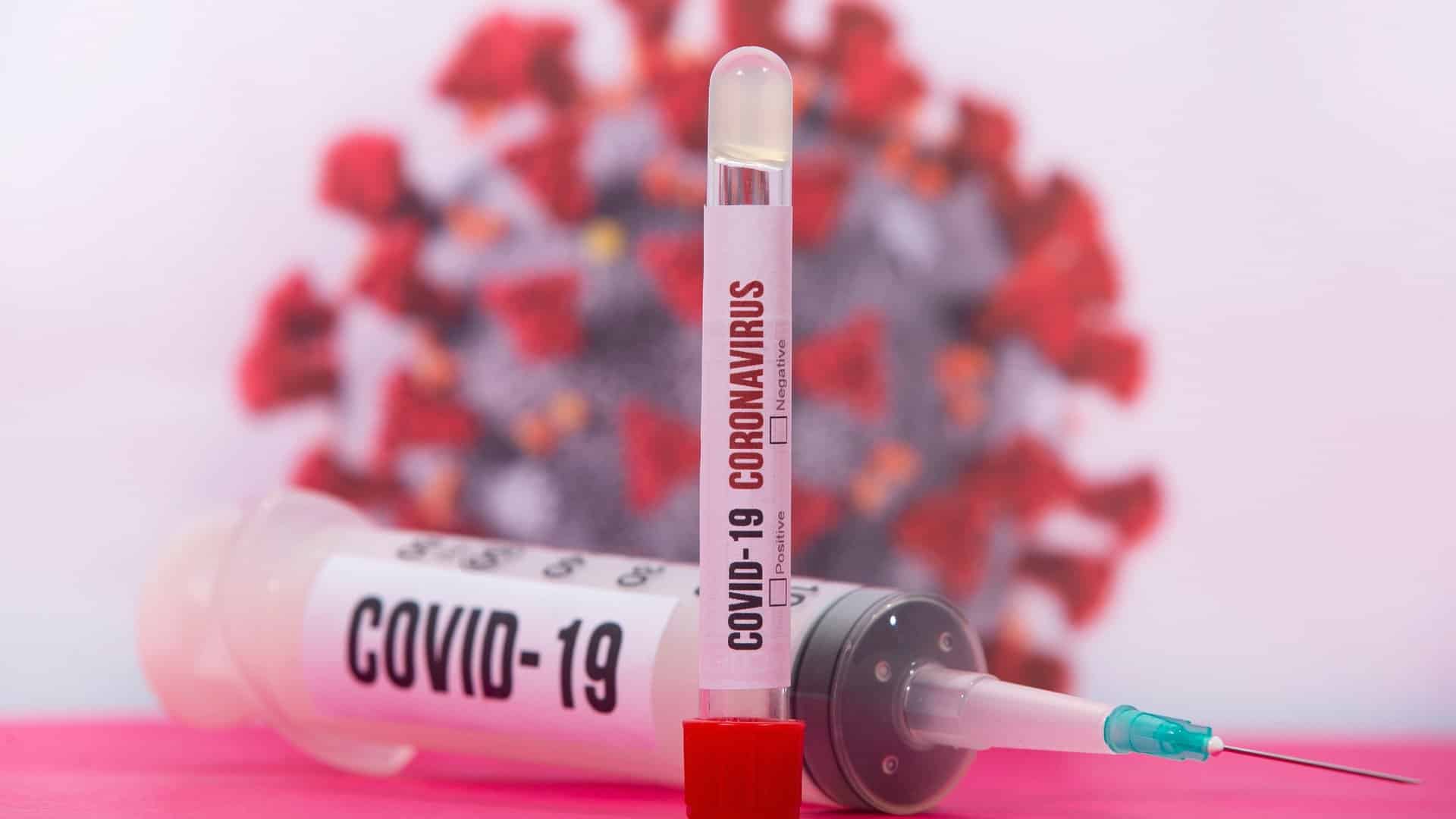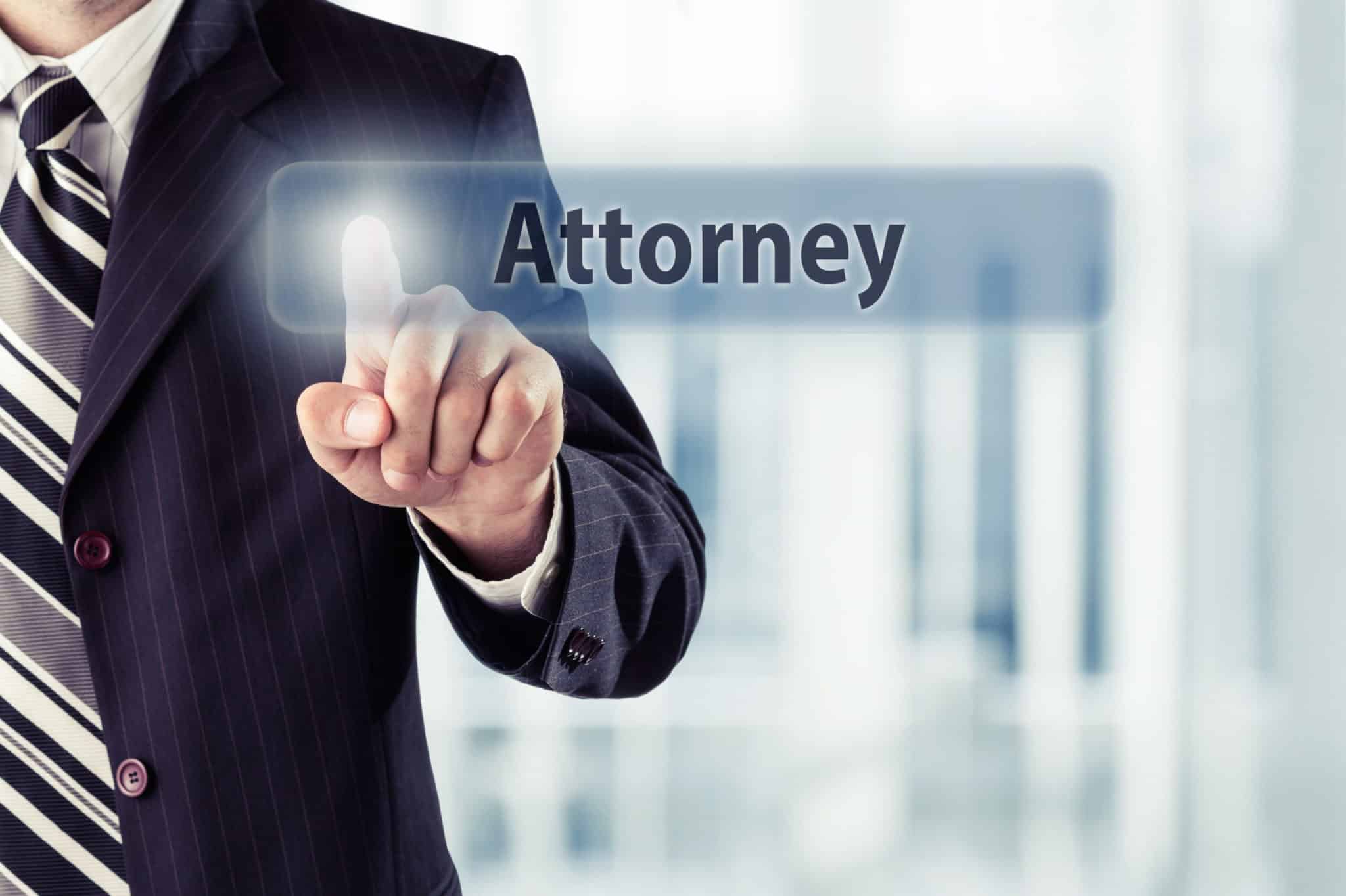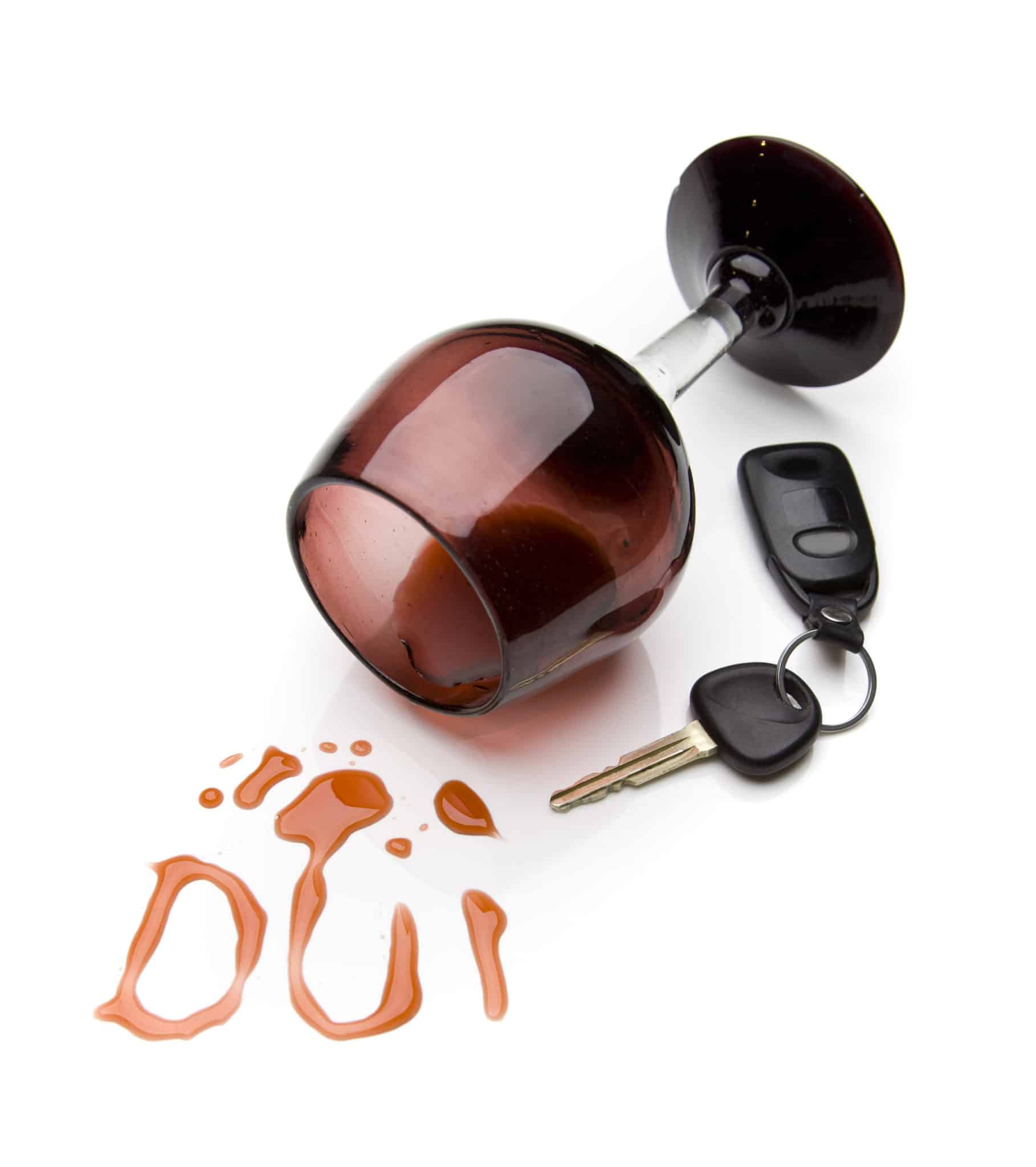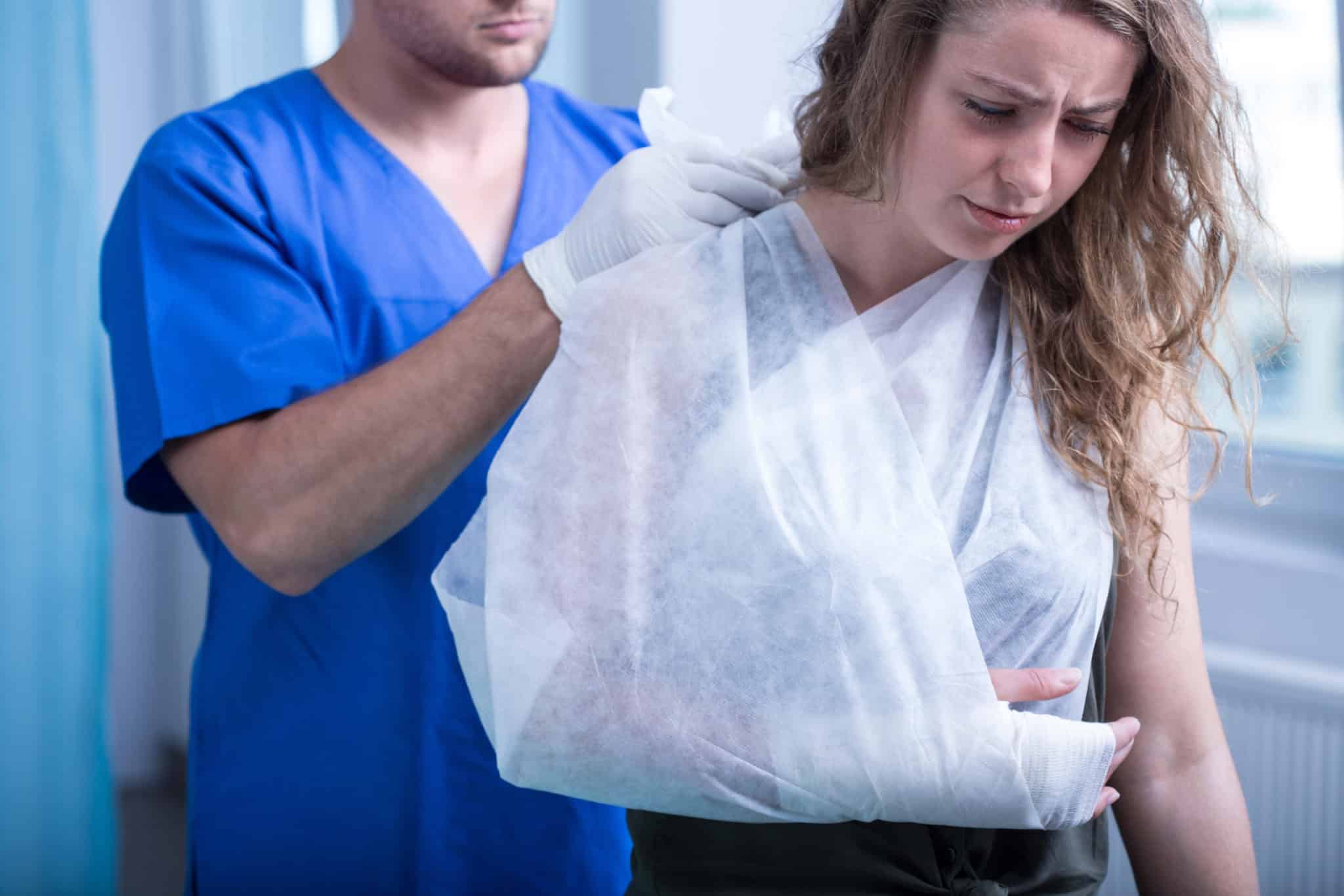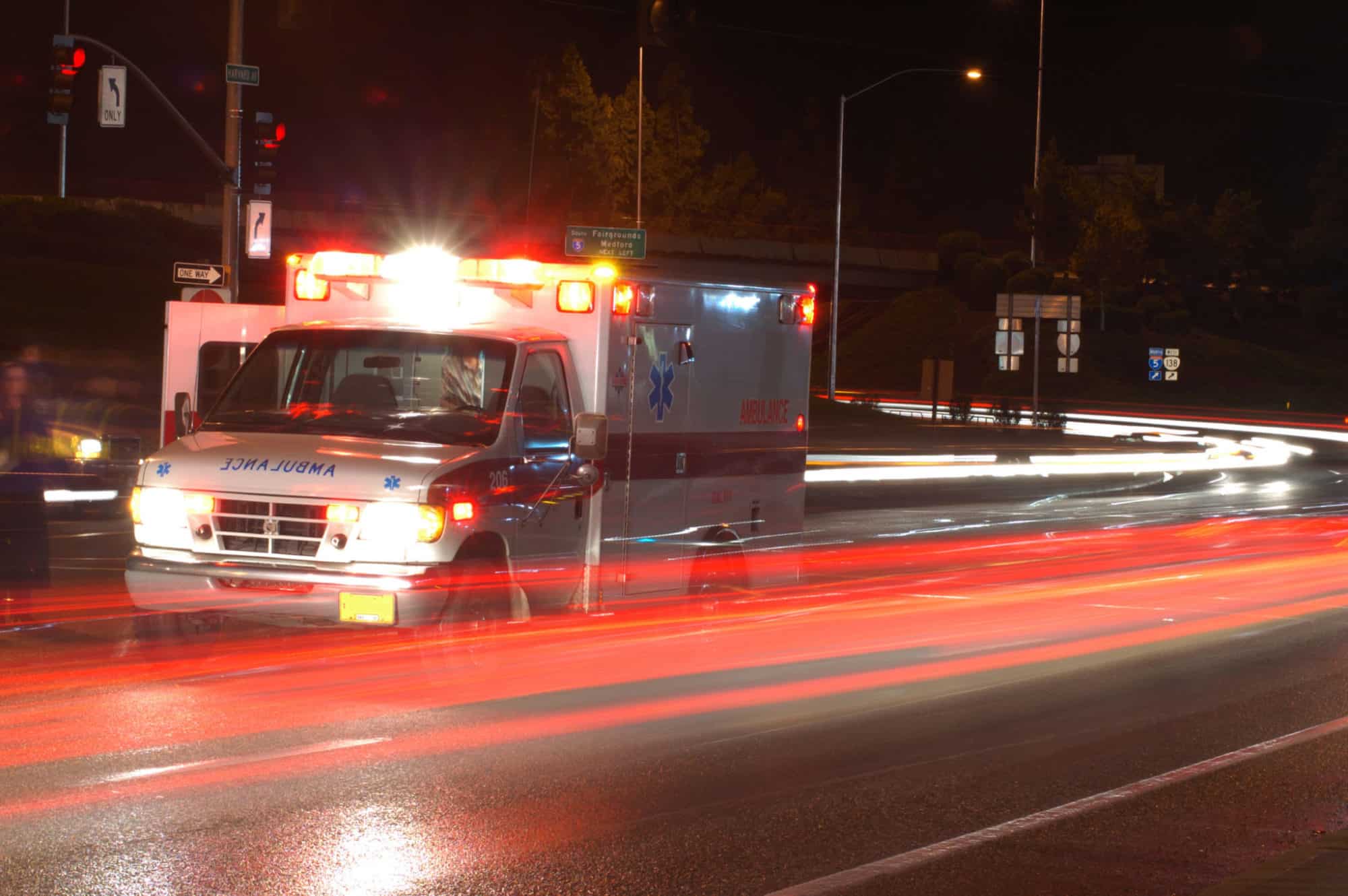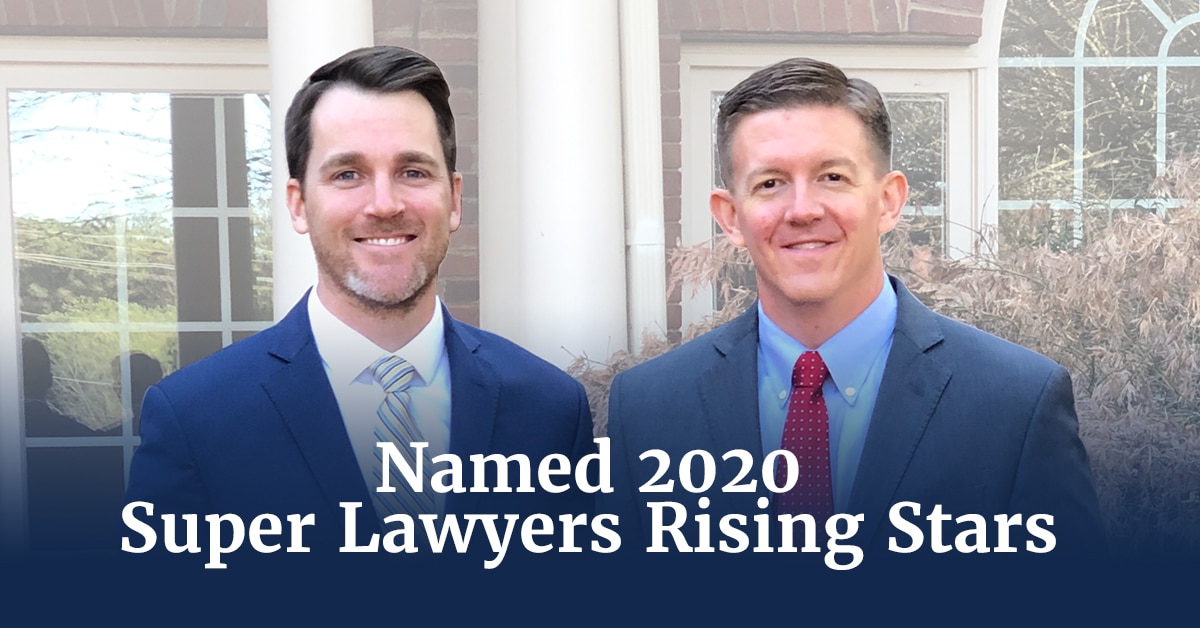The COVID-19 pandemic has affected the way attorneys, insurers, and crash victims handle Georgia car crash claims. From the ability of victims to obtain medical care to how legal professionals handle claims, every area of the Georgia car crash claims process is different.
Fewer Vehicle Accidents
As car accident attorneys and fellow Georgia citizens, one of the changes we are following closely is how COVID-19 is impacting driving in Georgia. As COVID-19 infection rates began to rise in the Spring of 2020, significantly fewer cars and slightly fewer trucks were on the road.
On March 14, 2020, Governor Brian Kemp issued an executive order in which he declared a public health state of emergency in Georgia. This order has been amended and renewed several times. Shortly after his initial order, Governor Kemp issued additional restrictions that limited public gatherings and closed many businesses that were not considered to be essential. Schools closed and many people began working from home. All of these factors caused Georgia, like many other states, to see a decrease in car accidents.
In the late summer months of 2020, schools began to open, many of the Governor’s restrictions were lifted, and employees began returning to in office work. As a result, Georgia began to see an increase in traffic rates and a corresponding increase in car crashes.
Lower Car Insurance Rates
Less driving and fewer accidents led to car insurance companies reducing rates. Many automatically reduced car insurance rates for a short period of time. However, many have now reverted back to regular rates. If you are driving significantly less than when you obtained your policy, you may be able to renegotiate for a permanent reduction in premiums, or find another insurance company that will give you a lower rate. It is worth making a few calls.
Harder to Find Medical Care
One of the significant downsides to COVID has been reduced access to in-person medical care. This has made it more difficult to keep up with routine preventative care and to find initial and ongoing care after a motor vehicle accident. If you’ve been in a Georgia car accident and are struggling to find the medical care you need, watch this video we put out to learn more:
Fortunately, as we learn more about how to safely open the economy back up, doctors are beginning to increase their availability again.
Licenses Issued Without Driving Test
In late April, Governor Kemp permitted drivers to obtain their driver’s licenses without an in-person driving test. As a result, nearly 20,000 licenses were issued to Georgia drivers without an in-person driving test. Subsequently, the governor announced that those who received a license without an in-person test would need to pass an in-person driving test to maintain their license.
Longer Drives
Although COVID-19 took many drivers off the road during the spring and early summer of 2020, we suspect that for the foreseeable future, it will change how people are driving. There are still fewer daily commuters on the road than there were before COVID-19, but there has been a resurgence in driving for vacation, business, and school related activities.
With flights limited, often expensive, and risky due to the close proximity of passengers, people are taking good old-fashioned road trips for their vacations. This trend will likely continue through the winter holiday season. Longer drives, especially in winter weather, carry risks, and we urge everyone to follow these tips for a safe and fun winter road trip in Georgia.
Delayed Georgia Jury Trials
As the risk of COVID-19 infection began to increase, former Chief Justice Harold D. Melton, issued an Order that suspended all jury trials as of March 14, 2020. Chief Justice Melton’s order was issued, in part, to protect Georgia citizens and court personnel from a situation in which they would be forced into close proximity with one another.
An unfortunate drawback to the suspension of jury trials was the inevitable backlog of civil and criminal cases. Without juries to resolve disputes, many cases came to a standstill. Nevertheless, new cases were being filed and this caused tremendous stress and delay for Georgia litigants.
In September of 2020, grand jury proceedings in Georgia resumed. Additionally, Chief Justice Melton is expected to sign an order on Saturday, October 10, 2020 that will allow jury trials to resume. It will take many months or even years for the case backlog to clear so any person with a car crash lawsuit in Georgia will need to be patient and expect it to take much longer than normal for their case to reach trial.
